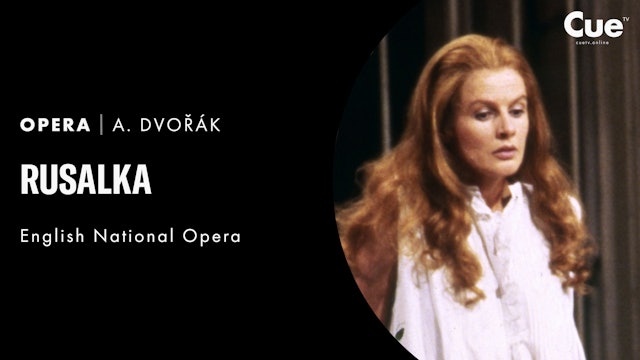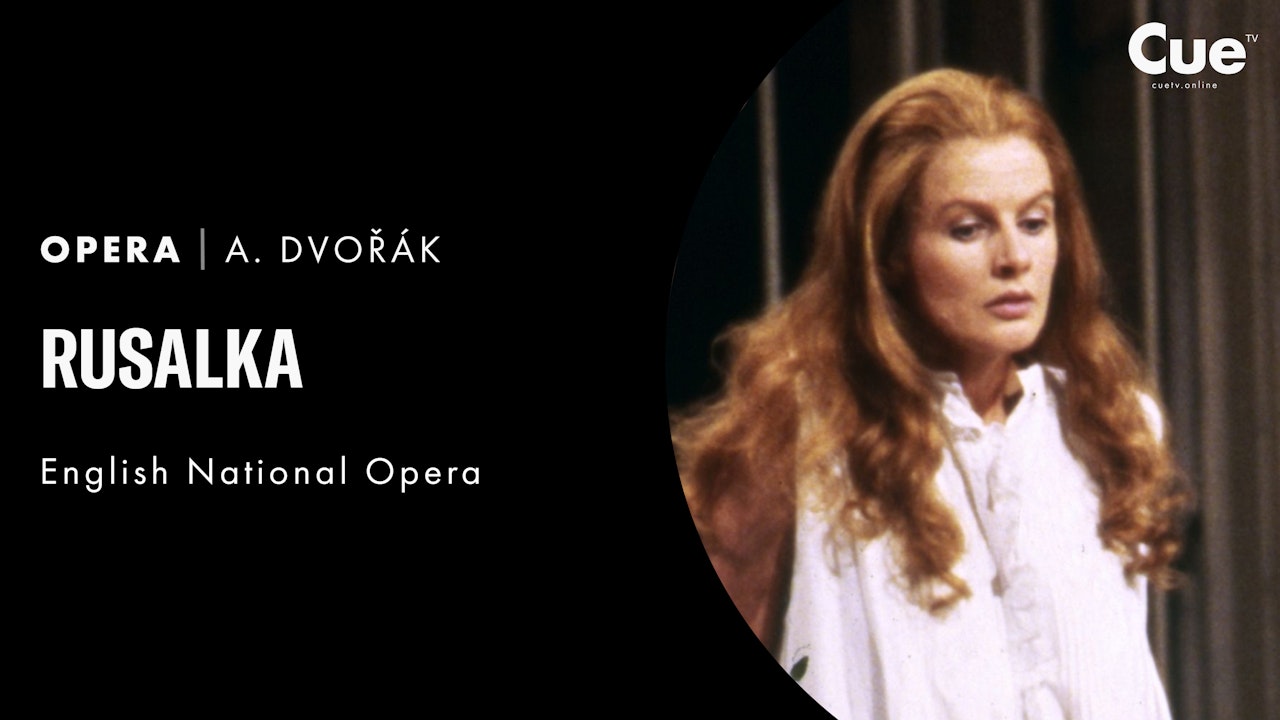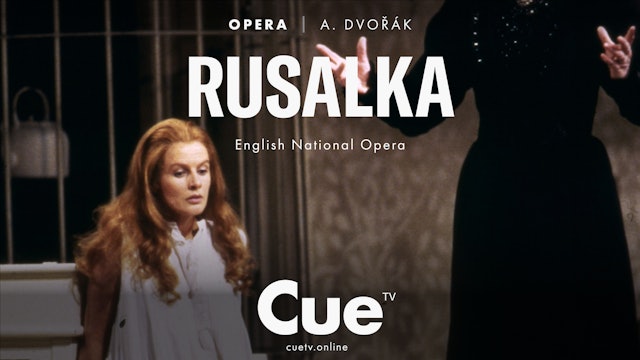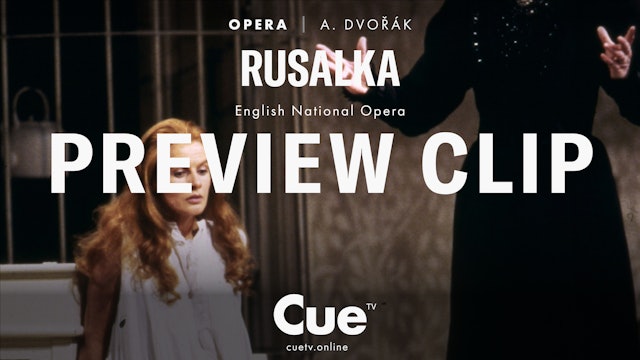Rusalka (1986)
"David Pountney’s landmark English National Opera staging of Dvořák’s haunting fairy tale opera left critics and audiences spellbound. The production is set in a Victorian nursery where an adolescent girl, on the brink of sensual awakening, dreams of first love. Her story is that of Rusalka the wood nymph who, like Hans Christian Andersen’s Little Mermaid, sacrifices all for a love destined to be betrayed. High above the stage Rusalka dreamily swings as the picturesque gives way to the surreal. Influenced by Jung and Freud, Magritte and Delvaux and magically realised in the designs of Stefanos Lazaridis, Pountney’s Rusalka succeeds in creating a fairy tale to enchant the most hardened modern audience.
David Pountney states that Rusalka is about “a typical initiation into social and sexual experience” – the evolution from a child to young woman. He conjures up an enchanted world of repression and surreal fantasy. The set is spacious, gleaming white and full of archetypal symbols including a rocking horse, wardrobe, furniture which slides about, dolls that dance, floorboards that open to reveal a pool with a swing high above it. The effect produces a dreamworld which teeters on the edge of a nightmare."
-
Rusalka (1986)
"David Pountney’s landmark English National Opera staging of Dvořák’s haunting fairy tale opera left critics and audiences spellbound. The production is set in a Victorian nursery where an adolescent girl, on the brink of sensual awakening, dreams of first love. Her story is that of Rusalka the w...
Extras
-
Rusalka - Preview clip
Watch full performance here: Rusalka (1986)




